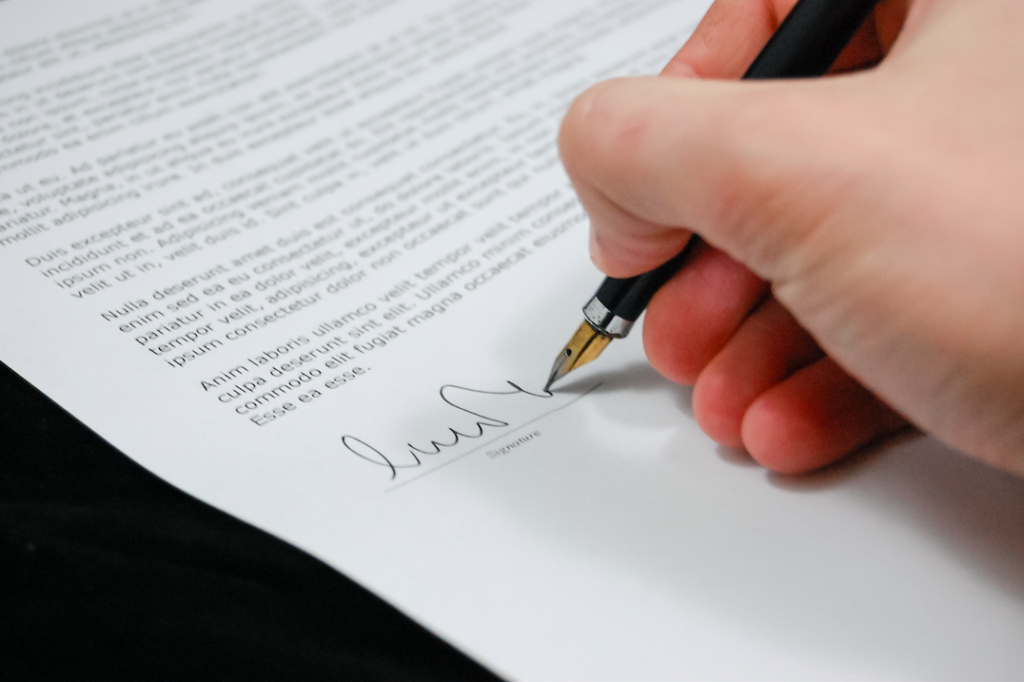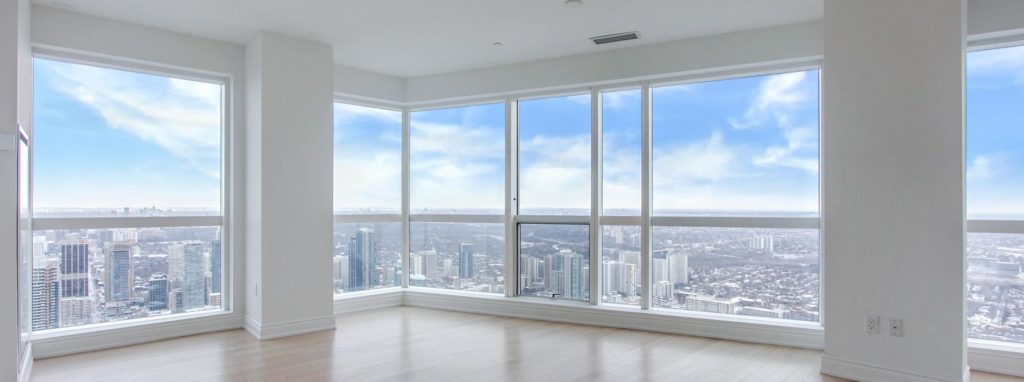
Ontario’s new Standard Lease
April 18, 2018 | RentingA big change is coming to Ontario for landlords and renters. Make sure you know how the changes impact you! Money is on the line if you don’t follow the rules of the new Standard Lease!
Starting April 30, 2018, the provincial government will require a government-crafted standard lease template, called the Standard Lease, to document the rental of all houses, condos, apartment building units, and secondary units (such as basement apartments) in Ontario. Nothing in the pre-printed wording of the Standard Lease can be edited or removed, however there is a section in the lease that allows for schedules to be added to include additional clauses. Of course, any additional clauses must be in agreement with the laws set out in the Residential Tenancies Act, 2006 (RTA).
Take a look at all 14 pages of the new Standard Lease right here.
=> What this means for landlords
If you have a current tenant who signed a lease before April 30, 2018, you don’t have to do anything now or at the expiry of the lease term, provided the tenant carries on with a month-to-month tenancy after the lease term is completed. If, however, you and your existing tenant agree to draft a new lease after the expiry of the rental term, you’ll need to use the new Standard Lease if this is done on or after April 30, 2018.
If you are signing a lease with a new tenant whose lease begins on April 30, 2018 onwards, you must provide an executed copy of the Standard Lease to the tenant within 21 days after the signing of the lease. Failure to do so gives the tenant the ability to withhold one month’s rent. If a landlord still does not provide a Standard Lease to the tenant within 30 days after the tenant has begun withholding the rent, the tenant has no obligation to repay the one month’s rent. The tenant must however continue paying rent for the remainder of the lease term. Further, if a landlord does not provide the Standard Lease within 21 days after a renter has made a written request, the tenant has the ability to give 60 days notice to terminate a yearly or fixed-term tenancy.
TO NOTE: When we as real estate agents will be representing landlords on April 30, 2018 and beyond, we will be using an updated version of the Ontario Real Estate Association’s Agreement to Lease (Form #400) and other pertinent real estate industry documents in order to set up the terms of the lease (and to detail the fee structures and agents & brokerages involved), but will also be including a copy of the Standard Lease, which will act as the only official lease for the rental unit.
A landlord must provide the tenant with a signed copy of the Standard Lease within 21 days after signing, otherwise, the tenant has the right to withhold one month’s rent!
=> Reviewing the Standard Lease
Let’s dive into a few sections of the Standard Lease together to highlight some new information as well as some points of clarity on “myth”–information that has been under the guise of legal lease inclusions for years now. Make sure to pull up a copy of the Standard Lease right here to follow along:
Section 5: RENT
“Myth”-information set straight: A tenant cannot be required to pay rent by post-dated cheques or automatic payments. Paying this way can only be voluntarily offered by the tenant to the landlord. A landlord cannot compel or require post-dated cheques to be provided.
“Myth”-information set straight: A landlord’s administration charge for an NSF cheque cannot be more than $20. In addition to that, a landlord can charge the NSF fees issued by the landlord’s bank back to the tenant.
Section 6: SERVICES AND UTILITIES
New information: If a tenant is responsible for paying hydro costs via a suite meter, the landlord is required to give the potential tenant information about the last 12 months of hydro usage using the appropriate Landlord & Tenant Board form.
A CONDO LOUNGE NOTE: We’ll have to see how this plays out in real life, because there are inherent problems with (1) dealing with brand new condo units that don’t have any hydro history, and (2) privacy laws concerning utility accounts where a landlord cannot access the previous billing statements if they were paid directly by the previous tenant to the utility company. Utility companies won’t share information like that with anyone for privacy reasons.
Section 8: RENT DEPOSIT
“Myth”-information set straight: The rent deposit cannot be more than one month’s rent (or the rent for one rental period, e.g., one week in a weekly tenancy, whichever is less). This deposit must be used toward rent and cannot be used as a damage deposit. A landlord must pay interest on the deposit to the tenant every year.
Section 9: KEY DEPOSIT
“Myth”-information set straight: A key deposit cannot be more than the expected replacement cost of the keys.
Section 10: SMOKING
New information: When making and enforcing smoking rules, a landlord must follow the Ontario Human Rights Code. Nowhere in the current RTA is smoking specifically addressed. It seems fair enough to include a standard description right now such as “The Tenant agrees not to smoke within the unit premises”, but what about when marijuana becomes legal in Ontario? Will tenants argue that it’s part of their human rights to smoke in their unit for medical or other reasons? It will be interesting to see how this unfolds in the future…
The last six pages of the Standard Lease provide a really good overview of the rights and responsibilities of landlords and tenants. It’s worth reviewing as a refresher.
=> The Condo Lounge perspective
The good:
It’s about time that Ontario residents have a standardized lease agreement for landlords and tenants! So often in the past, landlords were left on their own to create lease agreements, usually cobbled together from Googling blank lease agreements created in other provinces, or even worse, from States south of the border. These leases were full of clauses that ran contrary to the RTA and made a mess of things when landlord and tenant disputes arouse. Including illegal clauses in leases put landlords at risk if the lease ever came under the scrutiny of the Landlord & Tenant Board, and the illegally drafted clauses also made things very confusing for Tenants. This new Standard Lease sets out the rights and responsibilities of tenants and landlords very clearly by pulling out the most salient parts of the RTA and explaining it in short and plain language.
The bad (depending on your perspective):
The new Standard Lease is going to be another paperwork burden on landlords (and potentially real estate agents too), since the onus is on the landlord to provide the lease to the tenant and any additional elements required in the lease. Failure to do so could cost a landlord one month’s rent or even initiate the early termination of the lease by the tenant!
=> What’s next?
For more information “straight from the horse’s mouth”, visit the Ministry of Municipal Affairs and Housing’s Ontario Standard Lease explanation page right here.
And if you’d really just prefer a Condo Lounge agent to take care of all of your lease problems, reach out to us to help you get on the right rental path. We’re experienced and know our way around the downtown Toronto rental and sale market! Connect with us right here.
